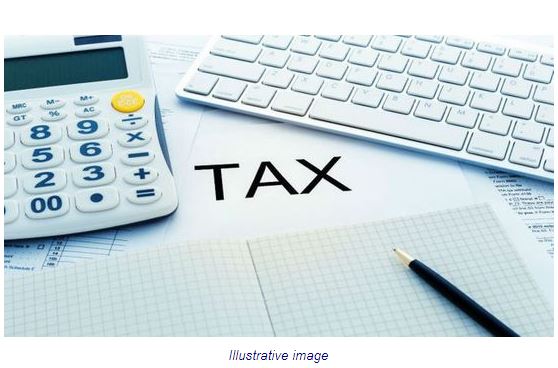Vietnam financial watchdog proposes tax cut for SMEs
The NFSC emphasized that this is a solution together with broadening tax base to increase budget revenue from business and production and reduce reliance on unstable sources.
The proposal was made in the commission’s recently-released report on the country’s fiscal and budgetary situation in September 2018.
However, the NFSC stated that the structure of state budget revenues lacked sustainability as the budget collection was still largely dependent on unsustainable sources such as crude oil.
Besides, the increases in domestic budget collection mainly came from taxes on land and housing while collection from businesses was much lower than estimated, and disbursement of investment in capital construction was lower than estimated at only 50.2%, the NFSC’s report cited.
In addition, the NFSC said that the equitization and capital divestment at SOEs must be accelerated to increase their efficiency.
At the Greater Mekong Subregion Business Summit on March 30, 2018, Prime Minister Nguyen Xuan Phuc said that the Vietnamese government intended to cut corporate income tax from the current 20-22% to 15-17% to create an attractive investment environment for Vietnam among ASEAN countries.
SMEs with modest annual revenue enjoy lower tax rate than the general one.


 English
English




